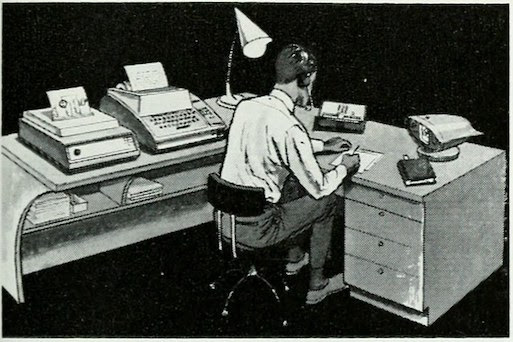Welcome to Sidekick by Kickresume — your trusty companion to all things career (that won’t bore you to death).

AREN’T YOU TIRED? I’M TIRED
You’re right. You are working more hours and remote work has made meetings infinitely worse
It’s not just you, it’s everybody else, too. That is, at least according to a new Harvard Business School study.
They analyzed the emails and meetings of 3.1 million people in 16 global cities, and what did they find?
- The average workday increased by 8.2 percent (or 48.5 minutes) during the pandemic.
- Employees sent 5.2 percent more emails a day.
- Emails had 2.9 more recipients.
- About 8.3 percent more emails were sent after business hours.
- People attended 13 percent more meetings.
- The number of people invited to each meeting rose by 14 percent.
- Each meeting was 12 minutes (or 20 percent shorter) than normally.
Hold on! If meetings got shorter…Why am I saying they got “infinitely worse”?
One reason is that videoconferencing sucks and most people want to keep their meetings as short as possible. But since there’s more meetings in total, you always kinda feel like you’re between calls. And there’s nothing worse than having to expect a video call at all times.
But don’t just take my word for it. Listen to this Harvard professor and her study: You’re Right! You Are Working Longer and Attending More Meetings.

THINK BEFORE YOU MEETING

Not sure if that meeting should be an email? This super complicated flowchart will help you decide!
Some people just want to see the world burn. And, for some reason, it’s often the same people who really enjoy meetings.
They call them managers.
Enter the pandemic. Cut off from in-person communication, many managers are overcompensating with even more meetings. Only now they happen via video and that’s enough to give anyone a serious case of Zoom fatigue.
The worst part? Most of these meetings could have easily been emails. Does that make managers even more evil? It absolutely does.
Anyway, if that hit uncomfortably close to home, remember, it’s never too late to seek help.
And who knows? This handy flowchart can be your first step to becoming the upstanding co-worker you’re always meant to be. (Managers love flowcharts. That’s why it’s a flowchart. A complex one, too.)
Finally, if you often find yourself on the receiving end of a meeting request, there’s another handy flowchart to help you decide when to say yes and when to politely decline. Just scroll down.

I DON’T CARE I LOVE REMOTE WORK

This is how you can ask to work remotely forever (if you really really want)
A recent FlexJobs survey found that 65% people who’ve been working remotely during the pandemic said they would prefer to work from home full-time once it's over.
Although 65 percent seems a bit too high, we still believe that some people really like working from home.
If you’re one of these people and your company is asking you to return to the office, don’t be unnerved. You can ask them to never ask you something like that ever again.
Put more business-y, you can try to negotiate a permanent work-from-home employment.
If you’re not sure how to go about it, FlexJobs’ career coaching team has prepared a handy proposal template request.
You can find the full version as well as the email template for requesting a meeting here.
And that’s that. Now you don’t have to see your annoying coworkers ever again.

(SOMEWHAT) RELATED READS THAT YOU ALMOST MISSED
- Zoom fatigue is real — here’s why video calls are so draining
- Zoom and gloom: How empathy and creativity can re-humanize videoconferencing
- Coronavirus and job search? Your frequently asked questions answered

Look! Kickresume’s resident HR expert Christy Morgan is about to dispense useful resume advice, as well as dispense with some widespread job search myths.
![]() Your resume needs to be one page long.
Your resume needs to be one page long.
False. A two page resume is a standard, but it also varies based on industry, career level, or country. Longer resumes aren’t automatically dismissed.
![]() Most jobs never get posted.
Most jobs never get posted.
Partly true. Companies may find a suitable candidate in their database, through networking, or internally. There’s not always a need for them to advertise. Whenever you have a chance, approach your dream company directly.
![]() Your social media activity can cost you a job.
Your social media activity can cost you a job.
True. You should be only visible on LinkedIn and make other social media profiles private, at least during your job search.
Want more? Check out our article Recruiter Reveals: Don’t Believe These Job Search Myths



